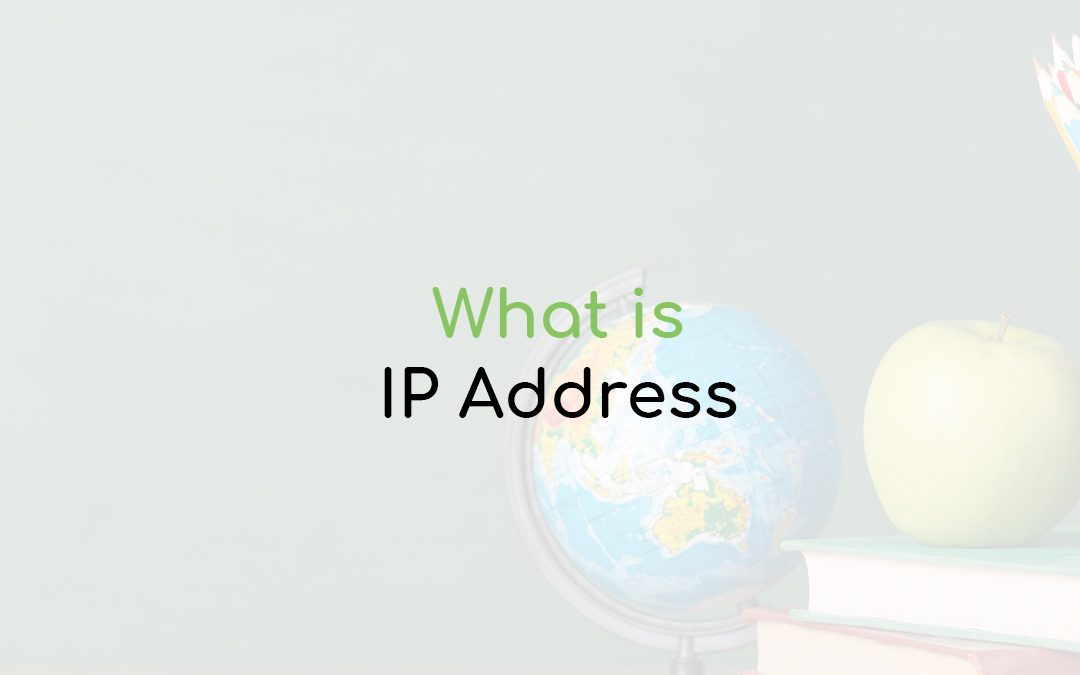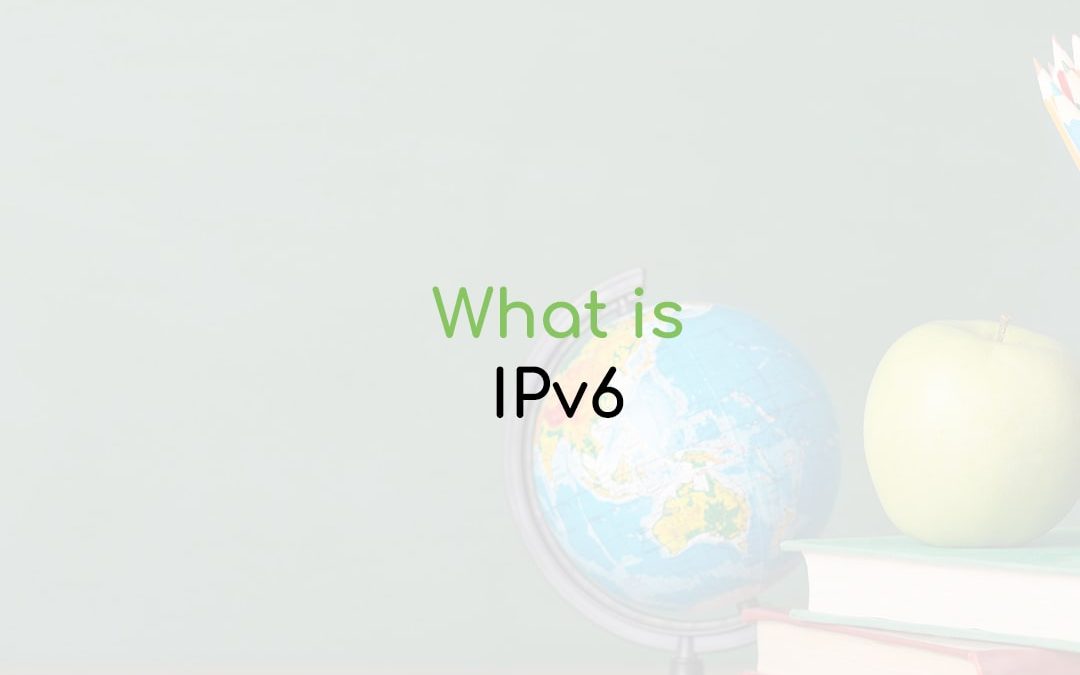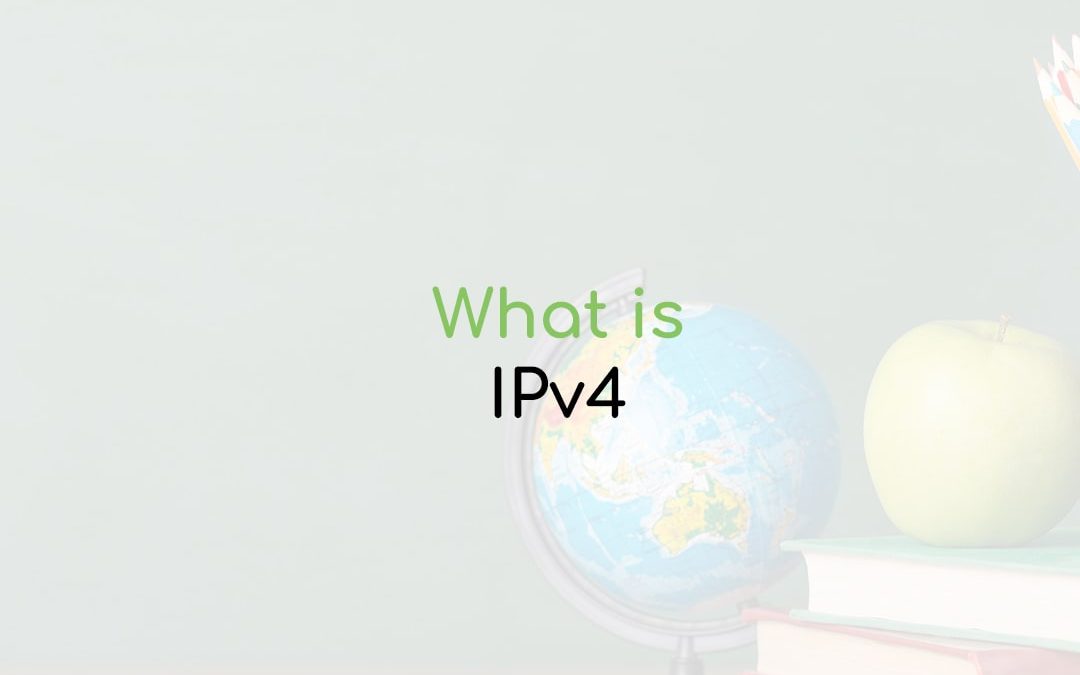by lazars | Sep 3, 2019 | DNS
DHCP or Dynamic Host Configuration Protocol is a protocol that determines and assigns IP addresses for devices on a network. A DHCP server can recognize a device and assign it an IP address automatically. This makes administration easier because the network...

by lazars | Sep 3, 2019 | DNS
URL which is an abbreviation for Uniform Resource Locator is used to navigate to any file, page, graphic, document or a program that’s accessible on the World Wide Web. The URL itself consist of a formatted string of text which points the software to the desired...

by lazars | Sep 3, 2019 | DNS
The IP address enables us to connect all our devices in a network. You cannot send or receive messages from another device if you don’t know its IP. Every computer or other device connected to a network and using the Internet Protocol is given a unique number...

by lazars | Sep 3, 2019 | DNS
IPv6 is the last version of the IP protocol, developed to replace the IPv4, which is running out of free IP addresses. That is because IPv4 uses only 32 bits for Internet addresses, so it can support just 2^32 addresses, while IPv6 uses 128 bits for its IP addresses...

by lazars | Sep 3, 2019 | DNS
IPv4 is a version of the IP(Internet Protocol) that is fundamental for the operation of the Internet. It is the primal Internet protocol responsible for transmitting data packages and locating hosts. There are two IP versions that are used today: IPv4 and IPv6. IPv4...



